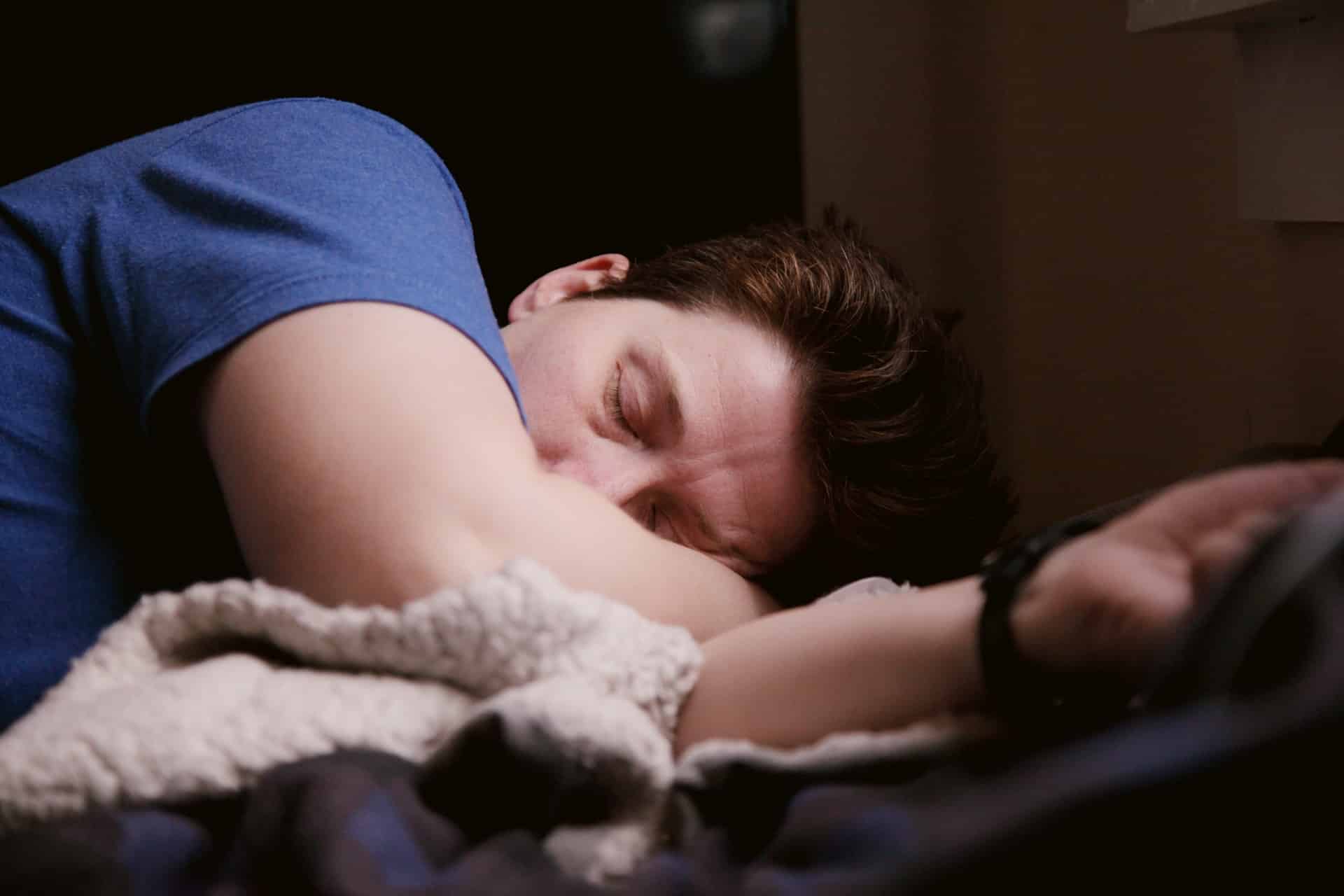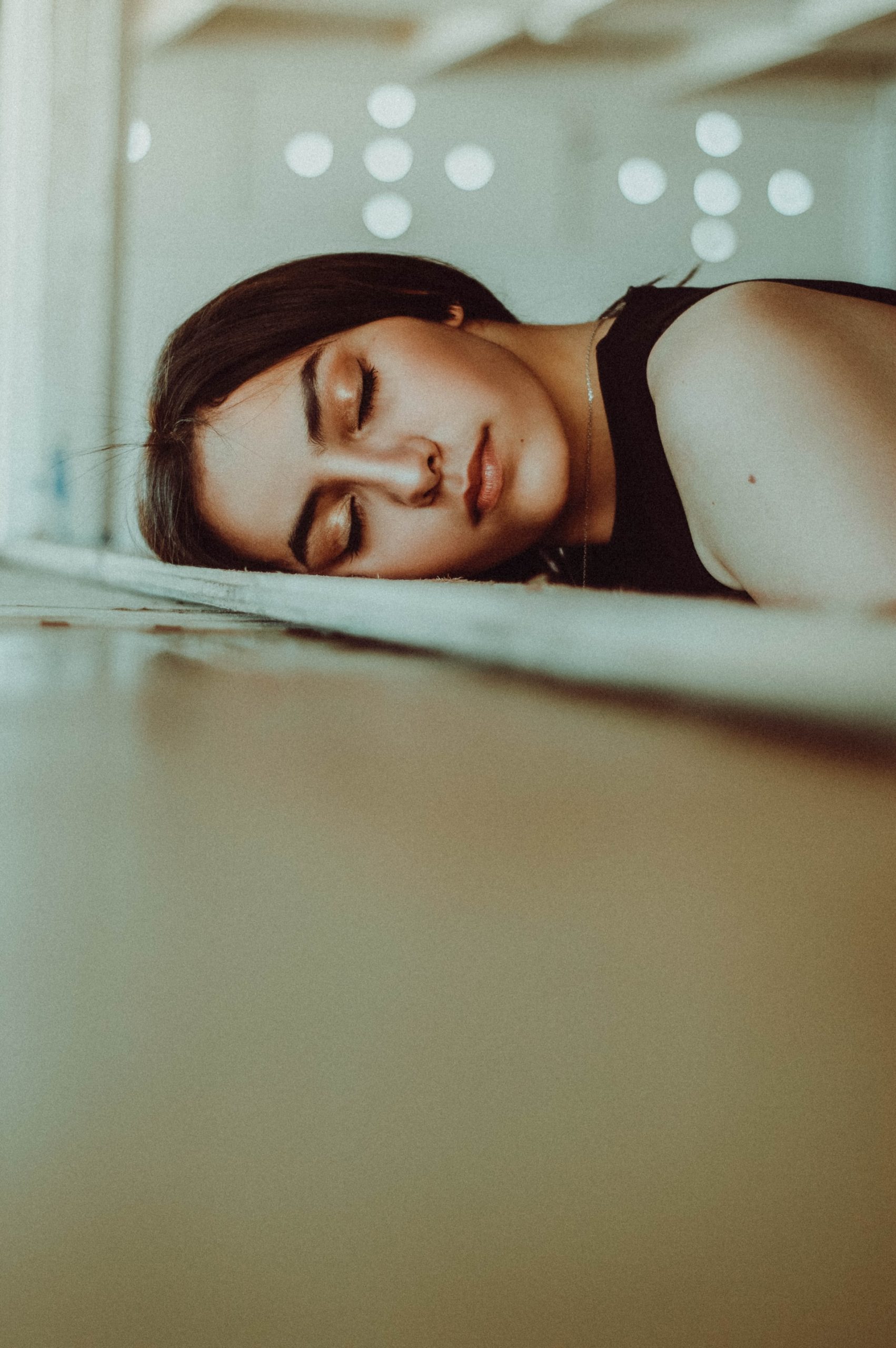Most of us don’t get enough sleep under normal circumstances, and now the covid-19 pandemic may be making your sleep woes even worse.
What Happens If You Don’t Get Enough Sleep?
While it’s common for adults not to get enough sleep, there can be serious repercussions of going through life tired. For example, driving while drowsy can mimic the effects of drugs or alcohol. Being awake for 18 hours without sleep is the same as having a BAC of 0.05.
Americans also grapple with many chronic health conditions, which can be caused or worsened by a lack of sleep. Sleep boosts your immunity, and not getting enough can have the opposite effect.
IMAGE: UNSPLASH
Because of the covid-19 situation, we may be thinking more than ever about our immune system. An ongoing lack of sleep can make it tougher for your immune system to fight off viruses, and if you do get sick, the sickness may last longer.
Are you struggling to lose weight or noticing unexplained weight gain? Again, this can be linked to a lack of sleep. Studies indicate that people who sleep fewer than seven hours a night gain more weight and are at greater risk of becoming obese than people who sleep at least seven hours.
It’s not just your safety and physical health affected by sleep. When you have a chronic sleep debt, it can lead to or worsen mental health conditions like anxiety and depression. Getting enough sleep can help protect you against heart disease, and it can also prevent the development of type 2 diabetes.
Even though you may understand the serious effects of not getting enough sleep, it’s sometimes easier said than done. These tech tools might help you get more shut-eye and improve your health.
New Developments
In general, there are a lot of companies that are starting to introduce technology to help people sleep since it is such a pervasive problem. There are things that are focused on treating diagnosable medical disorders that lead to a lack of sleep. For example, there’s a surgical treatment called hypoglossal nerve stimulator that is a way to help people with severe sleep apnea.
Some are looking at the use of light glasses or lightbox technology to help people who deal with disorders of their circadian rhythm. Sleep apps are designed to do everything from helping people track their sleep cycles, to relax them so they can fall asleep more quickly.
Mattresses and beds are becoming part of the increasingly massive Internet of Things, so now you can have a smart bed. The following are specific bits of technology that might help you sleep.
The Sleepace Sleep Tracking Pad
Sleepace is a company that focuses exclusively on new products and technology to help you get a more restful night’s sleep. They have something called the Sleep Tracking Pad, which collects sleep data without you having to put on a wearable.
The Sleep Tracking Bed can keep track of your heart rate, respiratory rate, and sleep cycle. It also tracks your body movement and ambient data such as the temperature and humidity level of your bedroom, providing you with an in-depth sleep analysis.
Then, the sleep analysis is used to provide specific suggestions to you as to how you can improve your sleep.
Sound+Sleep High Fidelity Sound Machine
The Sound+Sleep High Fidelity Sleep Sound Machine is intended to help you fall asleep faster by blocking out unwanted noise. There are ten non-looping sound programs, and the machine features white noise sounds that are meant to relax you and mask sounds that might not be as conducive to sleep.
There is an optional sleep timer, and it’s a compact, convenient design.
Headspace App
It seems like there’s always a new sleep-related app being touted, but Headspace is one of the best. Headspace is an app with tools to help relieve stress, deal with mental health symptoms, and sleep better.
For example, there are different guided meditations, as well as mindfulness exercises. There is a specific sleep-related Headspace platform so that you can listen to stories in a soothing voice, do breathing exercises to prepare your mind and body for sleep, or listen to music that will specifically help you fall asleep.
There’s also something called Nighttime SOS, and these are a set of guided exercises you can do if you wake up in the night and don’t fall back asleep.
DreamOn Sleep Aid
The DreamOn Sleep Aid is wearable technology that was developed by a psychiatrist and is based on neuroscience research. The device emits low-frequency signals that trigger deep sleep through something called tactile pulses.
That then encourages your brain to replicate the signal so that you can fall into a deeper sleep. The science behind the device stems from the concept that throughout the day, our brains exhibit different types of waves, which are dependent on our mental state at any given time.
For example, when we’re emitting beta brainwaves, it signifies alertness. Alpha is linked to light relaxation, and theta and delta brainwaves are linked to deep phases of sleep. With the use of the DreamOn device, the makers say that their users got up to 40 minutes of extra sleep a night, after using it for one month.
Motion Pillow
The Motion Pillow is meant to prevent snoring, which can help the user get more sleep as well as their partner. The pillow records and analyzes snoring patterns. The pillow inflates like an airbag when it senses snoring. The inflation creates the right sleeping posture to put a stop to the snoring.
There are no wires in the pillow, and it also has features for analyzing sleep patterns and relevant data. There are noise-reducing features in the pillow itself so that your sleep isn’t disturbed.
Tech is coming a long way for people who deal with sleep-related issues, and some of the most exciting innovations could help you get healthier by sleeping more each night.
If you are interested in even more technology-related articles and information from us here at Bit Rebels, then we have a lot to choose from.


COMMENTS